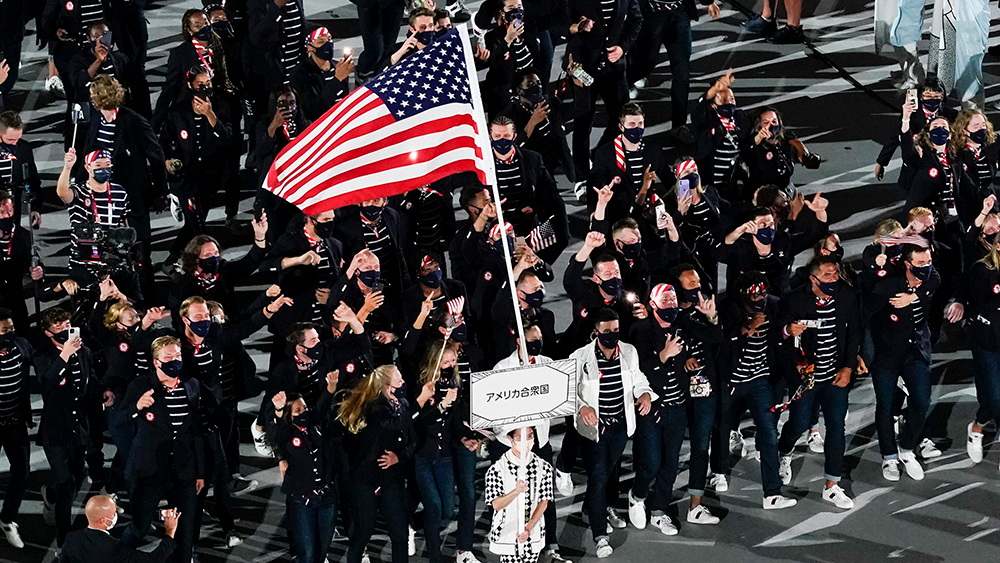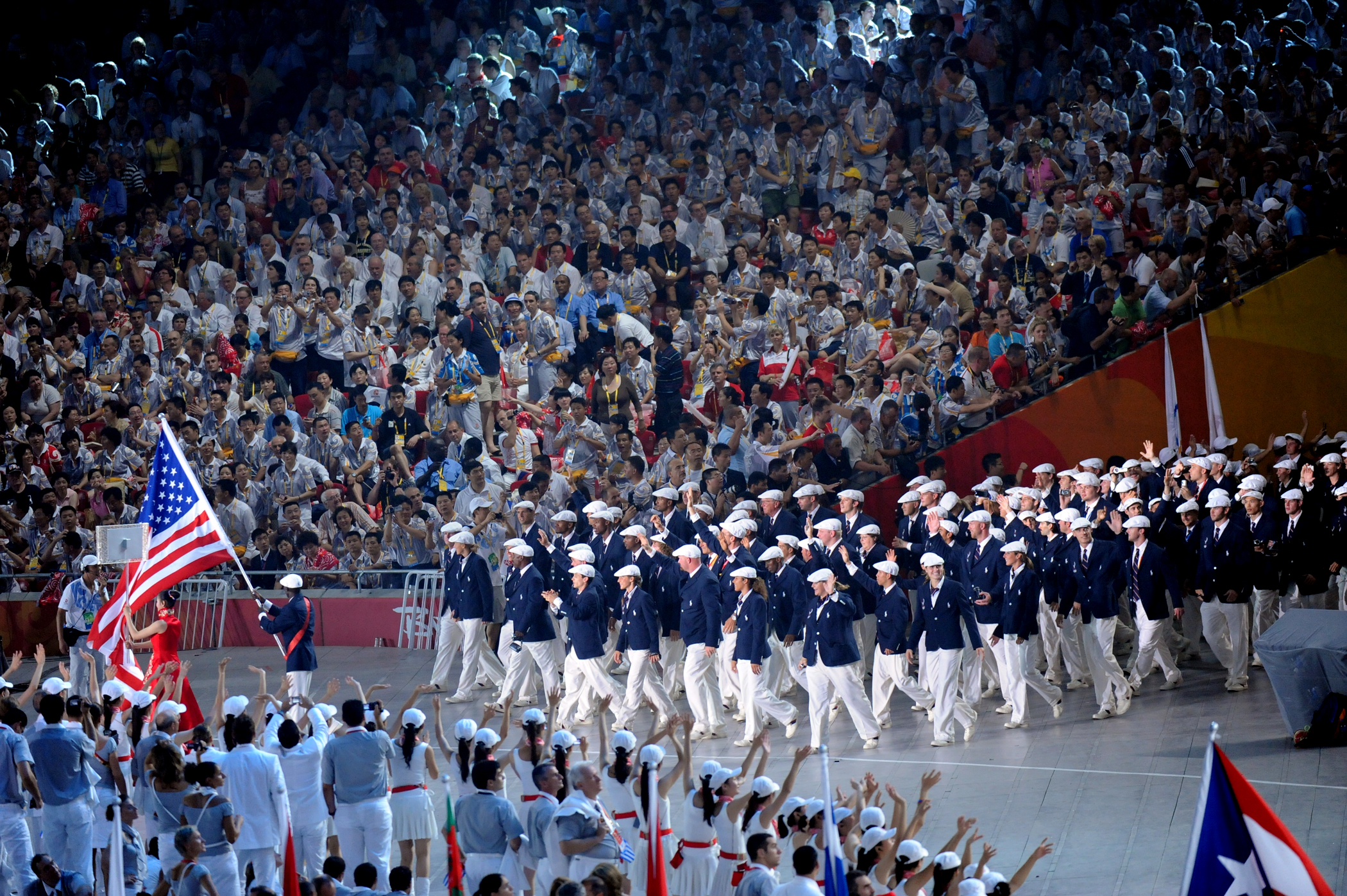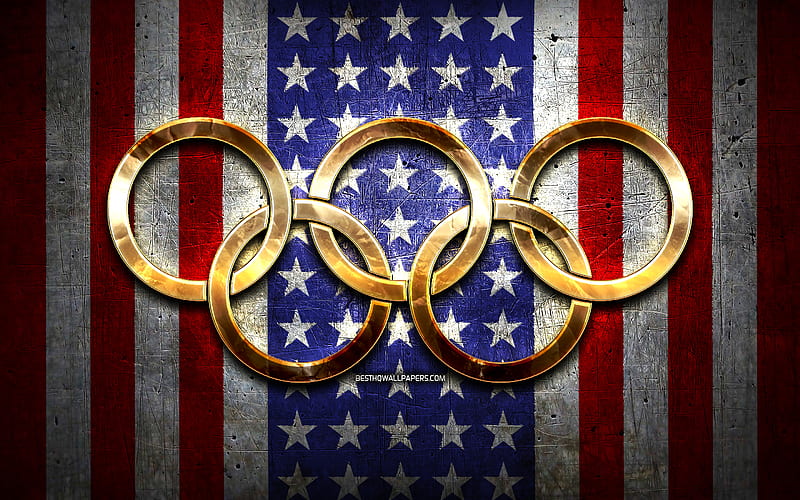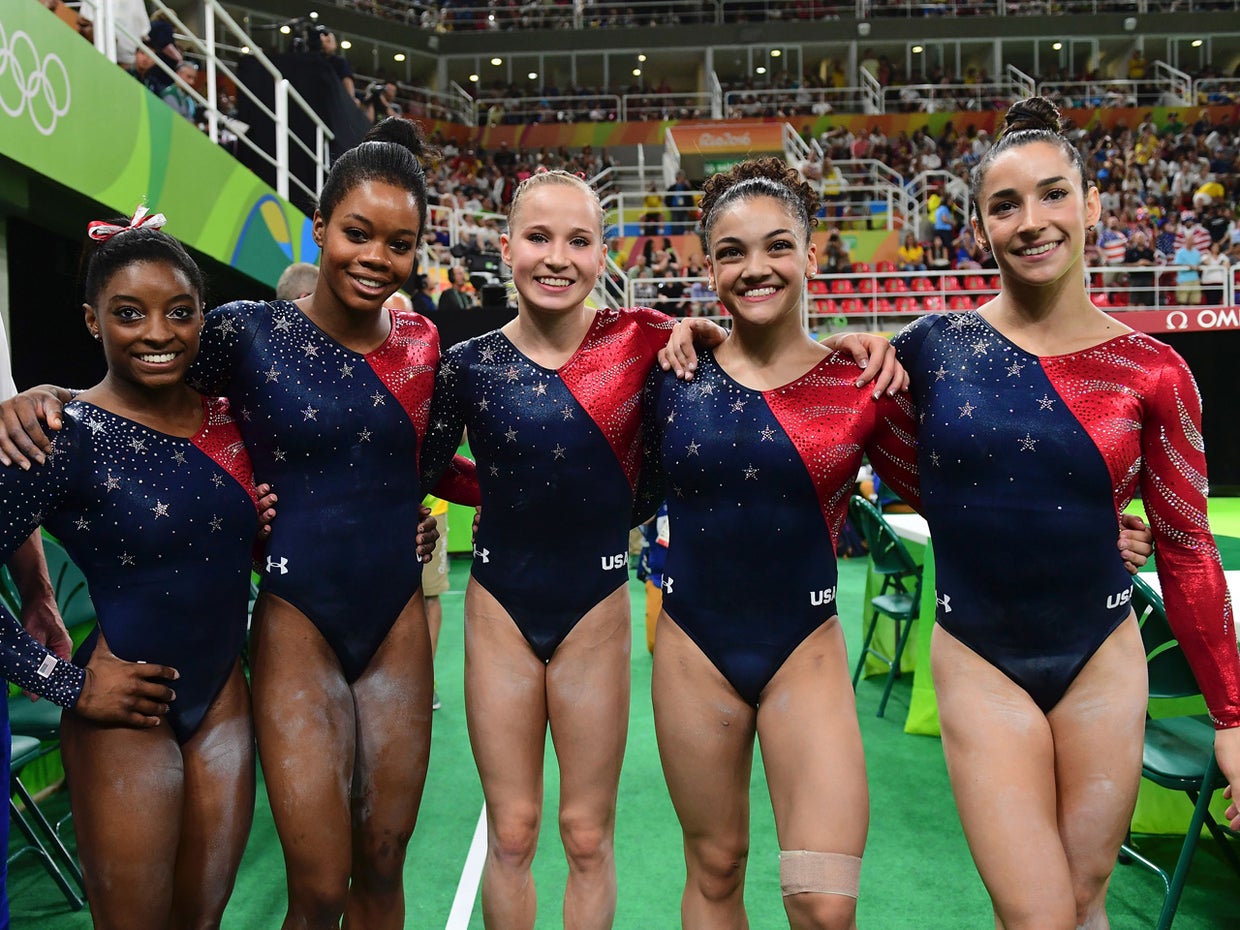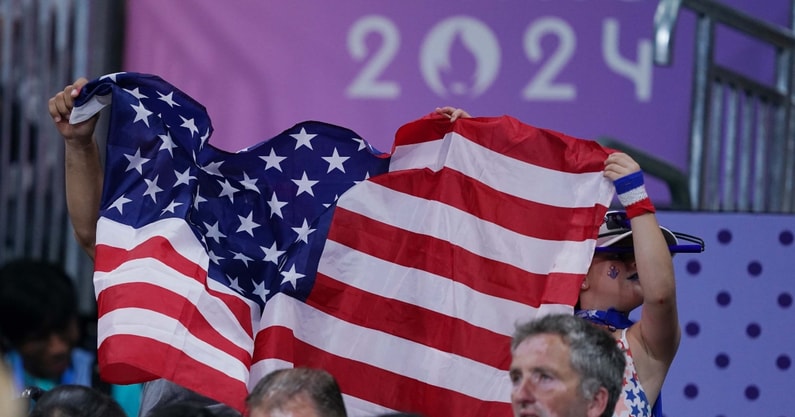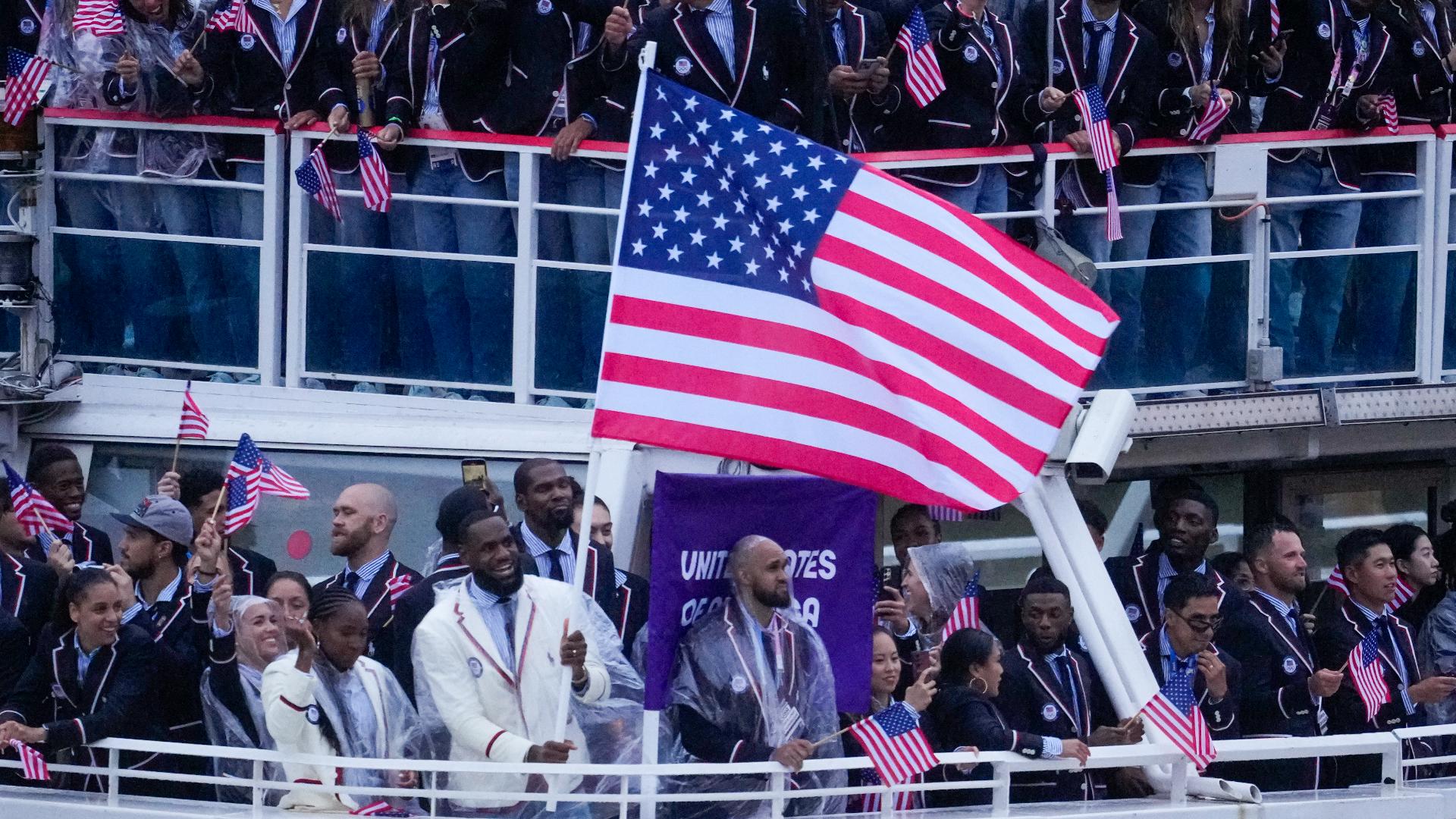A Story of Two Titans: United States vs. Germany on the Olympics
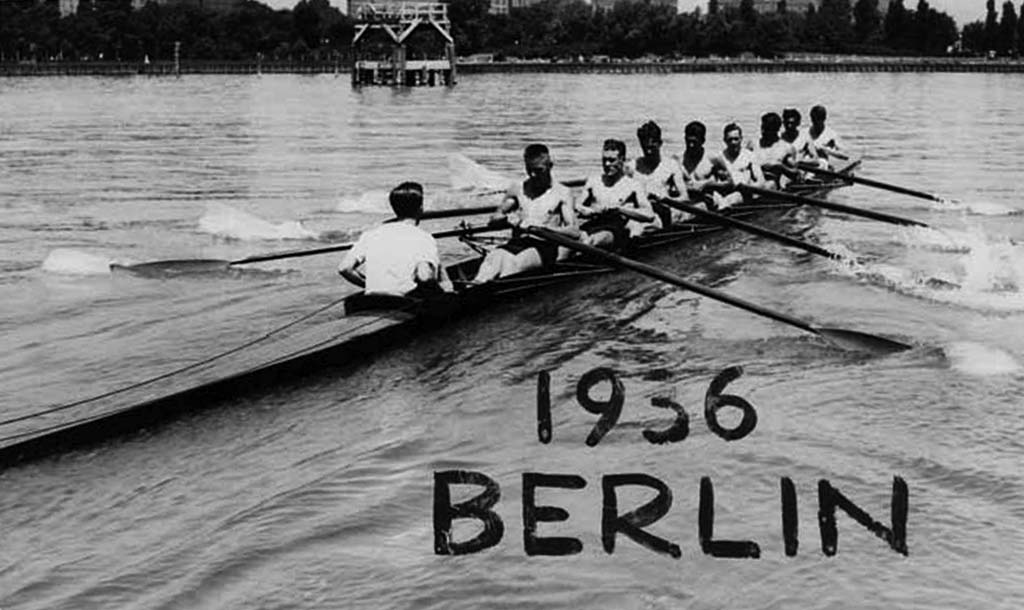
The Olympic Video games, a quadrennial spectacle of athletic prowess and nationwide delight, have persistently witnessed a compelling rivalry between the USA and Germany. Whereas not at all times immediately head-to-head in each occasion, the 2 nations persistently rank among the many prime medal winners, their performances reflecting not solely their sporting power but additionally their distinctive nationwide approaches to athletic growth and worldwide competitors. This text delves into the historic context of this rivalry, analyzing key moments, contrasting their approaches to Olympic participation, and analyzing the components contributing to their success and occasional setbacks.
A Historic Overview: From Berlin to Beijing
The rivalry between the US and Germany on the Olympics is not a current phenomenon. Its roots stretch again to the early twentieth century, albeit with important interruptions because of World Battle I and World Battle II. The Berlin Olympics of 1936, notorious for Nazi propaganda and the showcasing of Aryan supremacy, noticed each nations take part, though the political backdrop overshadowed the sporting achievements. The US, with its robust emphasis on amateurism on the time, nonetheless managed a good medal haul, whereas Germany, underneath the Nazi regime, utilized the Video games for political achieve, reaching a excessive medal rely however with a deeply problematic context.
The post-war period witnessed a shift within the dynamic. The rebuilding of Germany and its gradual reintegration into the worldwide group coincided with the rise of the US as a worldwide superpower. The Chilly Battle additional difficult the connection, with each nations usually competing not just for medals but additionally for ideological dominance on the world stage. The Olympic Video games turned a platform for showcasing nationwide power and technological developments, including one other layer to the already current sporting competitors.
The 1972 Munich Olympics, tragically marred by the terrorist assault on Israeli athletes, noticed each nations grappling with the aftermath of the tragedy. This occasion highlighted the vulnerability of the Video games and the interconnectedness of sport and geopolitics. Regardless of the tragedy, the competitors continued, with each the US and Germany securing important medal tallies.
The next a long time noticed a constant sample: each nations vying for prime positions within the total medal rely, with the US usually main the best way, significantly in workforce sports activities and particular person occasions like swimming and athletics. Germany, nonetheless, has persistently carried out effectively, significantly in sports activities like rowing, equestrian occasions, and gymnastics. The rivalry has been characterised by intervals of intense competitors and moments of mutual respect, reflecting the advanced relationship between the 2 nations past the sporting enviornment.
Contrasting Approaches: Amateurism vs. Professionalism
One important issue differentiating the US and German approaches to Olympic participation lies of their historic relationship with amateurism and professionalism. The US, historically related to a powerful beginner custom, has seen a gradual shift in the direction of higher professionalization in current a long time. Whereas the Olympic supreme of amateurism nonetheless holds some weight, the fact is that many US athletes profit from intensive coaching packages, sponsorship offers, {and professional} teaching, blurring the traces between beginner {and professional}.
Germany, however, has a extra built-in system that blends beginner {and professional} points. Whereas not explicitly professionalizing all Olympic sports activities, Germany invests closely in its nationwide sports activities academies and high-performance coaching facilities, offering athletes with entry to world-class amenities and training, regardless of their skilled standing. This structured, systematic method usually results in constant excessive efficiency throughout a variety of disciplines.
Strengths and Weaknesses: A Comparative Evaluation
The US Olympic workforce’s power lies in its huge expertise pool, fueled by a big and various inhabitants. The nation’s appreciable funding in sports activities infrastructure, coupled with a powerful media and sponsorship ecosystem, fosters a extremely aggressive atmosphere. American dominance in sports activities like swimming, basketball, athletics, and gymnastics is a testomony to this power. Nevertheless, the US system can generally lack the centralized coordination and long-term planning seen in different nations, resulting in occasional inconsistencies in efficiency throughout totally different sports activities.
Germany’s power lies in its systematic and long-term method to athletic growth. Its nationwide sports activities packages prioritize expertise identification, early growth, and constant high-level coaching. This method ends in constant efficiency throughout a variety of sports activities, usually yielding medals in much less outstanding occasions. Nevertheless, Germany could generally lack the identical uncooked expertise pool because the US, which means their success depends closely on optimized coaching and growth methods.
Past Medals: The Cultural Affect
The Olympic rivalry between the US and Germany extends past the medal rely. The Video games present a platform for cultural trade and the showcasing of nationwide identification. The performances of athletes from each nations encourage nationwide delight and function a supply of nationwide unity, significantly throughout moments of collective success. The media protection surrounding the Olympics usually emphasizes nationwide narratives, highlighting the tales of particular person athletes and their journeys to the Video games.
Nevertheless, the strain to carry out can even result in intense scrutiny and criticism, significantly when outcomes fall in need of expectations. The media’s position in shaping public notion of Olympic efficiency is important, contributing to the general narrative of nationwide success or failure.
Conclusion: A Persevering with Rivalry
The rivalry between the USA and Germany on the Olympics is a multifaceted phenomenon, reflecting each sporting competitors and broader geopolitical and cultural dynamics. Whereas the US usually leads within the total medal rely, reflecting its huge expertise pool and sturdy sporting infrastructure, Germany persistently performs effectively, showcasing the effectiveness of its systematic and long-term method to athlete growth. The rivalry is just not merely about profitable and dropping; it is about nationwide delight, showcasing athletic excellence, and the enduring energy of the Olympic Video games as a worldwide stage for human achievement. Because the Video games proceed to evolve, the competitors between these two sporting titans guarantees to stay a fascinating facet of the Olympic narrative for years to come back. The longer term will undoubtedly see new chapters written on this ongoing saga, with each nations persevering with to attempt for excellence and pushing the boundaries of human potential on the world’s best sporting stage.
